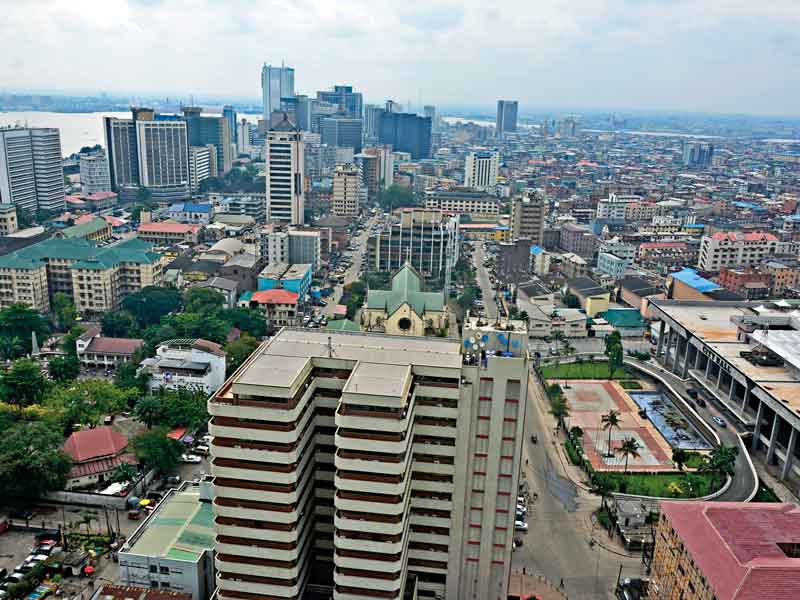Nigeria’s President Bola Tinubu presented a $30 billion budget for 2025, aiming to tackle inflation, boost growth, and stabilize the country’s oil-dependent economy.
Critics argue the assumptions underpinning the plan may be overly optimistic.
By the Numbers
- Oil price benchmark: $75 per barrel, with production estimated at over 2 million barrels per day.
- Inflation forecast: Falling from 34% to 15% by 2025.
- GDP growth projection: 4.6% next year, compared to the IMF’s 3.2% estimate.
- Defense allocation: 10% of spending, with education and health at 7% and 5%, respectively
Oil at the Core
- Oil accounts for 90% of Nigeria’s foreign exchange earnings, but insecurity in oil-producing regions has hindered production, which has lagged below 2 million barrels per day for years.
- “Nigeria’s oil earnings could take a hit if global prices dip below $70, especially with geopolitical shifts like a potential Trump presidency,” warns Basil Abia of Veriv Africa.
Inflation and Spending
- Economists, including Ibukun Omoyeni of Vetiva Capital, question the inflation target. “15% inflation is optimistic. A supplementary budget may be inevitable,” Omoyeni says.
- The naira, now trading at 1,538 to the dollar, is projected at 1,500 for next year—a stabilization Tinubu attributes to tighter fiscal policies.
Growth vs. Reality
- The government projects 4.6% GDP growth, but the IMF forecasts a modest 3.2%.
- Analysts argue that inflation and oil revenue assumptions may derail Tinubu’s vision.
What They’re Saying
- Tinubu calls the budget “ambitious but necessary” to secure Nigeria’s future.
- Critics like Abia label it “not realistic,” citing persistent economic hurdles.
The Bottom Line
Tinubu’s 2025 budget reflects bold aspirations, but achieving them hinges on stable oil revenues, controlled inflation, and favorable geopolitical conditions—all of which remain uncertain.
Source: Semafor










